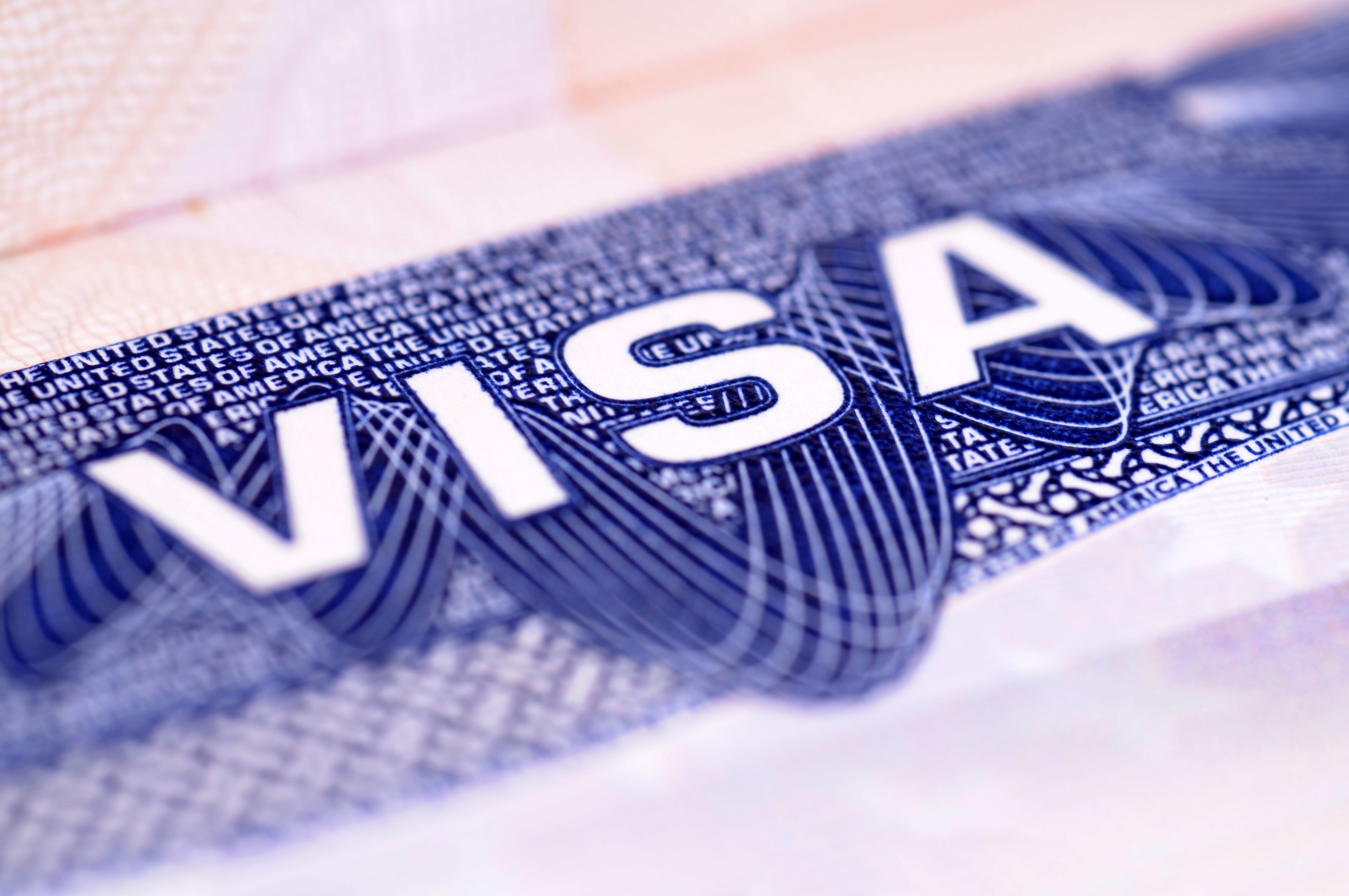The EB-3 visa category is a popular choice for international nurses who wish to work in the United States. This visa category allows foreign workers to come to the U.S. to work in a permanent, full-time position in a professional occupation.
The first step in the EB-3 visa process for nurses is to secure a job offer from a U.S. employer. The employer must then obtain a Labor Certification from the Department of Labor, which attests that there are no qualified U.S. workers available for the job.
Once the Labor Certification is obtained, the employer can then file an I-140 petition on behalf of the nurse with U.S. Citizenship and Immigration Services (USCIS). Along with the I-140 petition, the employer must also submit documentation to prove that the nurse meets the requirements for the EB-3 visa category, such as a copy of the nurse's nursing license and credentials.
The next step for the nurse is to file an I-485 application for adjustment of status to permanent resident. This application must be filed with USCIS along with the required supporting documentation, such as a copy of the nurse's passport and birth certificate.
It is important to note that the EB-3 visa category has a significant backlog, and it can take several years for the visa to be approved. Additionally, the EB-3 visa category is subject to annual quotas, which means that not all applicants will be able to obtain a visa in a given year.
Despite these challenges, the EB-3 visa category remains a viable option for international nurses who wish to work in the United States. By working with an experienced immigration attorney and following the proper procedures, nurses can increase their chances of successfully obtaining an EB-3 visa and starting their new career in the U.S.
Other important aspects to consider while applying for EB-3 Visa are:
The EB-3 visa category is split into three sub-categories: skilled workers, professionals, and unskilled workers. Nurses fall under the “professionals” category, which has a higher minimum education requirement than the other two sub-categories. Nurses must have a bachelor's degree or higher in nursing to qualify for the EB-3 professional category.
The employer must also prove that the job offer is a permanent, full-time position. Part-time or temporary positions do not qualify for EB-3 visas.
Additionally, it is important to note that EB-3 visas are not typically available to individuals seeking employment in their own country.
It is also important to note that EB-3 visa holders may face challenges when trying to change employers. They must first obtain a new labor certification and a new I-140 petition from the new employer before they can switch jobs.
Overall, the EB-3 visa category is a viable option for international nurses who wish to work in the United States. However, the process can be lengthy and complex, so it is important to work with an experienced immigration attorney and to be aware of the challenges and limitations of the EB-3 visa category. With the right guidance and preparation, international nurses can successfully navigate the EB-3 visa process and start their new career in the U.S.
More articles like this and nursing jobs available for you here










